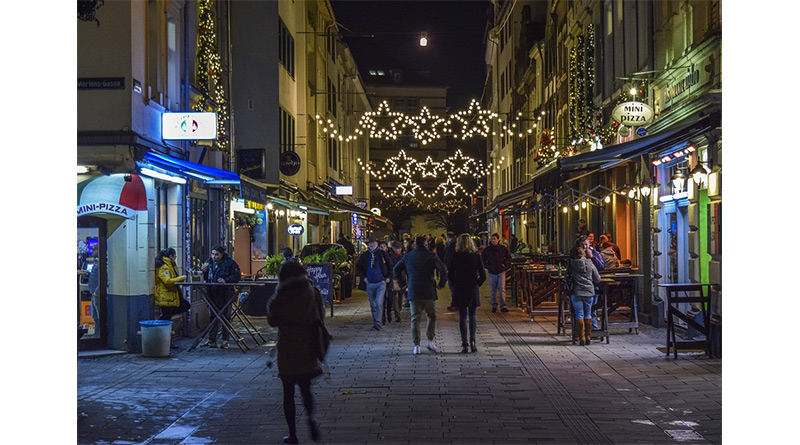Offices & Workplaces Still Unsure About Booking Christmas Parties

Less than a quarter (21%) of consumers report that their workplace is planning a Xmas party this year (however, it is a 17% increase from 2020). Shockingly, more customers are saying they’re not having work Christmas parties than there were last year (24% vs. 20% in 2020), whilst the majority (55%) are yet unsure whether their workplaces are organising anything this year, according to a survey by guest experience management team HGEM.
This could indicate that offices and workplaces are adopting the ‘wait and see’ approach and are intending to book something relatively last-minute, which could mean a surge of Christmas bookings is on its way..
In terms of personal safety, 89% of consumers surveyed are ready to party this Christmas, which is a 17% increase on last year, while confidence is up in terms of going out in larger groups, with 39% of respondents wanting no group size limit.
Last year Christmas parties were limited to 6 people, whereas this year there are no restrictions, however almost a fifth of respondents (18%) still prefer to go out in groups of up to 10 people.
A quarter (26%) of consumers are feeling more confident and will be going out in groups of up to 20 people. 17% of customers are happy to take part in groups of up to 30 people, and it’s great to see that for 39% customers, there is no upper limit to group sizes, in regards to feeling safe.
Gen-Z (18-25) and Millennials (26-35) want big parties, data seems to suggest, as respectively 47% and 60% say there’s no upper limit to a party size, from a safety perspective. On the contrary, people aged over 56 are more likely to keep group sizes down to no more than 20 people.
Women, again, are more safety-aware, and a fifth (21%) would like to limit their Xmas party for up to 10 people, whereas that figure is only 11% in men. 43% of men have no upper limit on group numbers, whereas that figure is 38% with women.
HGEM’s covid safety tracker, indicated consumer confidence is recovering well, indicating an averagee score of 7.9 out of ten, the highest it’s been since tracking began in October 2020.
